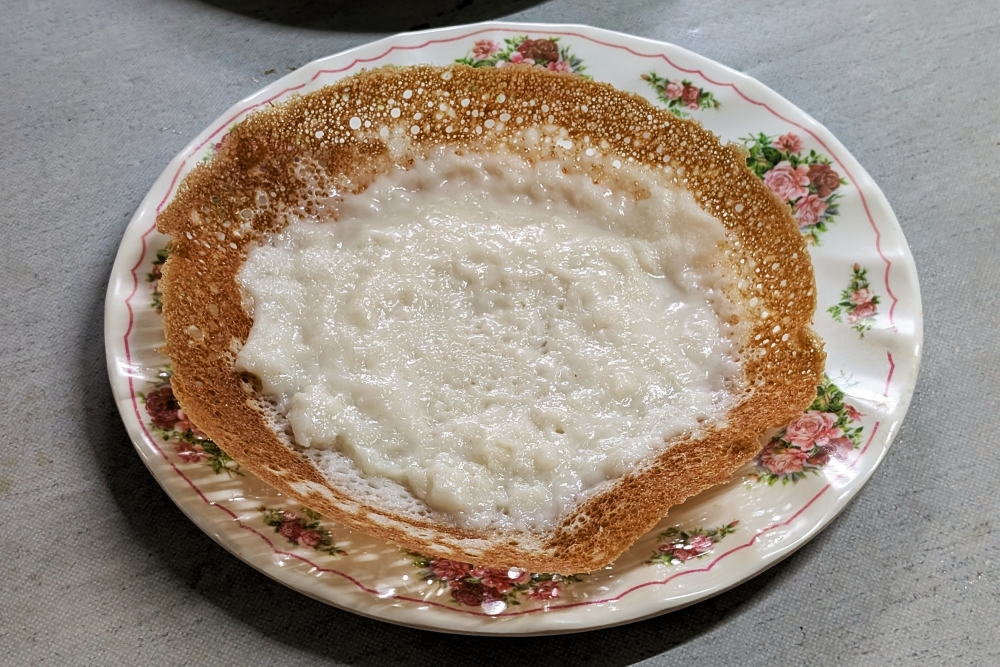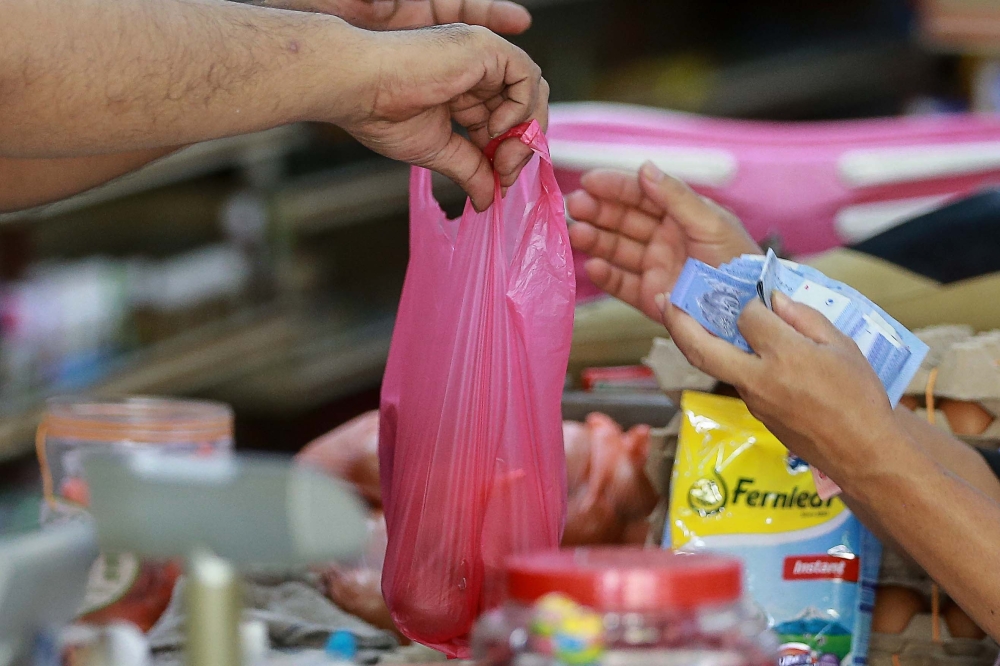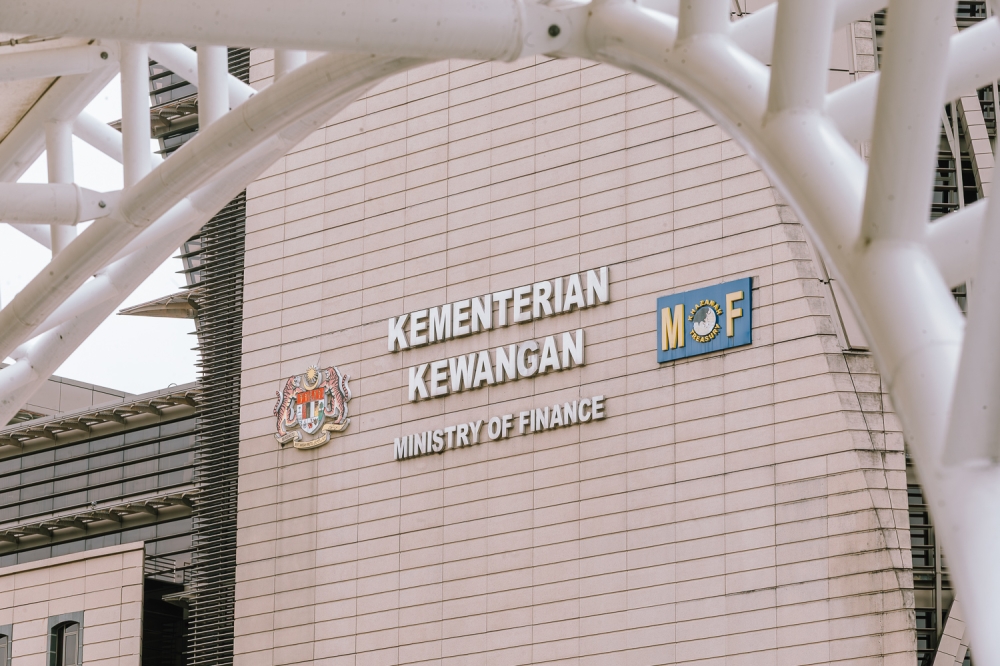JUNE 1 — In parliamentary language, the term ‘privilege’ means certain rights and immunities enjoyed by each House of Parliament and its Committees collectively, and by the members of each House individually without which the members cannot discharge their functions efficiently and effectively.
Hence, parliamentary privilege is often said to be the sum of the peculiar rights enjoyed by the House collectively as a constituent part of Parliament and by members of each House individually.
The object of parliamentary privilege is to enable each House and its members to perform their functions effectively and without interference from anyone outside of Parliament, thereby maintaining independence and authority.
In other words, it is to safeguard the freedom, the authority and the dignity of Parliament.
An important right in the sum of rights is the freedom of speech in Parliament. Generally speaking an MP enjoys complete freedom of expression in the House and in the committees of the House.
It is said to be the most substantial of parliamentary privilege. Its essence is that no penal or coercive action should be taken against members for what is said or done in Parliament — including where an MP sits when taking part in any proceedings of the House.
In simple words, there is immunity. And there are two aspects of this immunity. First, there is immunity from civil or criminal action for taking part in proceedings of the House. This extends not only to MPs but also to witnesses and other taking part in the proceedings.
Secondly, there is immunity of parliamentary proceedings as such from impeachment or question in the courts.
That the immunity is accorded constitutional protection can be seen in Article 63(2) of the Federal Constitution which provides that no person shall be liable to any proceedings in any court in respect of anything said or any vote given by him when taking part in any proceedings of either House of Parliament or any committee thereof.
What is pertinent in the said Article is the words “taking part in any proceedings” of the House. So, what is relevant is whether the words or acts — sitting is an act — were part of “parliamentary proceedings”.
Although an MP may be elected with a party affiliation, he or she is not obliged to retain party affiliation while taking part in proceedings of the House.
MPs are allocated their seats in the House under the authority of the Speaker. By convention, MPs representing the governing party or coalition occupy those seats to the right of the Speaker, with the prime minister and the senior ministers seated in the front row.
MPs representing parties or coalition in opposition to the government are seated to the left of the Speaker. The leader of the official opposition is seated immediately opposite the prime minister.
But there is nothing sacrosanct about these seatings. Thus, an MP may be seated in the gallery if he or she wishes, or on the opposite of the House from their conventional position. In Malay, that would be “buang tebiat” (to break tradition) but there is no House redress for such action.
It is just that the Speaker will not call an MP in a gallery if there is room downstairs. Ultimately it is the Speaker who controls the House, who sits where and who speaks and when. It is a right in the sum of rights of the House to regulate its own affairs and therefore parliamentary privilege.
Hence, immunity. Which explains why there is no redress if an MP — or five MPs for that matter — were to “buang tebiat” and not be seated according to party affiliation.
Which is why it is a tradition and a parliamentary practice that political parties appoint party whips to ensure party discipline. Often regarded as the disciplinarian of a political party, the whip ensures that there are sufficient party members in the House to support party’s position and that MPs vote according to the party’s line.
The whip also ensures good communication within the party and contributes to the smooth running of the party’s parliamentary machinery.
Even so, notice that it is not part of a party’s whip to ensure that MPs are seated according to party affiliation.
So there you have it — MPs are entitled to “buang tebiat” and be seated where they so wish in the House.
It’s parliamentary privilege.
*This is the personal opinion of the writer or publication and does not necessarily represent the views of Malay Mail.



















